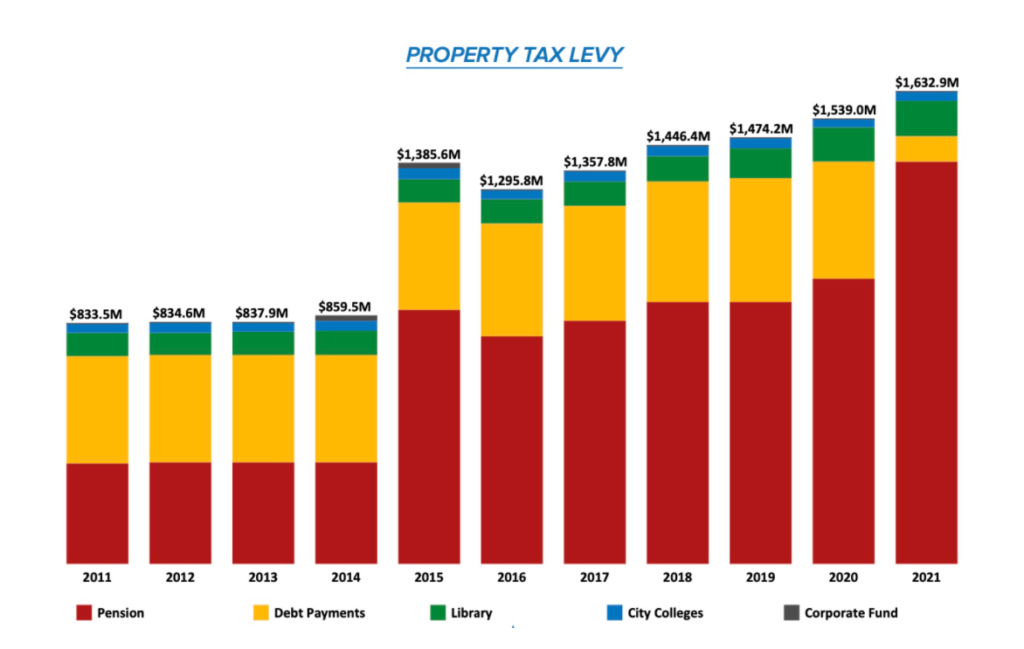Excerpt:
Count on the Illinois legislature to find a way to further maim its crippled pension system.
Senate Bill 2152 would strip pension trustees of control over how to vote shareholder matters and vest the power in the state treasurer, currently, Michael Frerichs.
Still worse, the treasurer would then be bound to comply with the Illinois Sustainable Investing Act on how he votes on behalf of stocks owned by the pensions. That law requires officials like the treasurer to include “sustainability” considerations in how public money is invested. It’s basically a progressive policy agenda also known as ESG (Environmental, Social, Governance). It’s often ridiculed as “woke capitalism,” and includes the goals of zero fossil fuels, “equity,” gender and identity politics, and pretty much any other social justice fad in vogue.
….
Shareholders, including pensions, usually have the right to vote on key corporate issues such as board of director elections, rights offerings, mergers and acquisitions. For interests in private investment partnerships, which pensions also hold, voting powers include other major matters. If the bill becomes law, Frerichs, or whoever is treasurer, would hold a proxy for all those votes and execute ballots, voting as he alone decides — a huge concentration of power in one individual.
The bill would eliminate any fiduciary obligation to vote shares in a way that maximizes their value, diluting that goal with progressive’s political agenda. Today, pension managers are fiduciaries for pensioners – a strict, legal standard — but the treasurer would not be if the bill becomes law.
Author(s): Mark Glennon
Publication Date: 17 Mar 2023
Publication Site: Wirepoints


